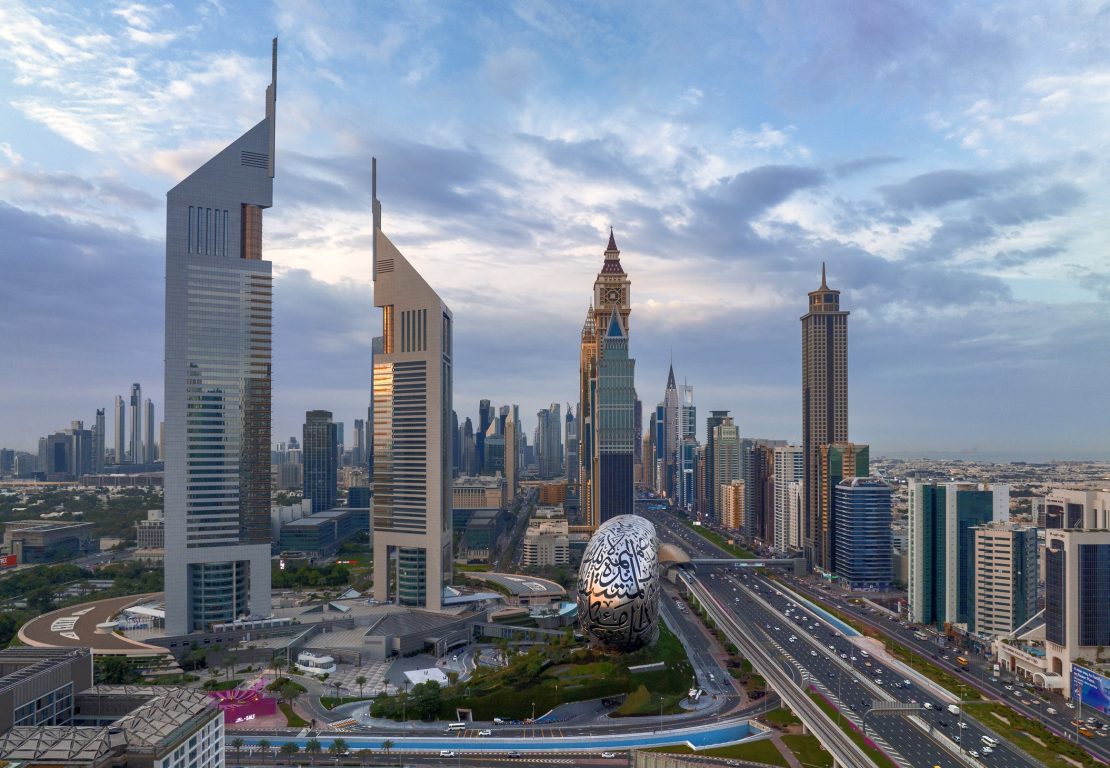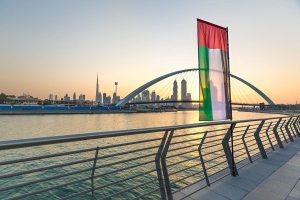The visitors in Q1 2023 were just two percentage points short of the pre-pandemic volume of 4.75 million tourists that arrived in Dubai in the first three months of 2019
Dubai’s Department of Economy and Tourism (DET) said the city received 4.67 million international overnight visitors in the first quarter of 2023, up 17 per cent year-on-year (YoY) from 3.97 million the same period a year earlier.
The visitors in Q1 2023 were just two percentage points short of the pre-pandemic volume of 4.75 million tourists that arrived in Dubai in the first three months of 2019.
“The tourism sector is not only the strongest pillar of our economy but also a key enabler of Dubai’s distinctive role in the world as a bridge between markets, cultures and regions,” Sheikh Hamdan bin Mohammed bin Rashid Al Maktoum, Crown Prince of Dubai and Chairman of The Executive Council of Dubai said in a tweet.
The latest data from DET, which was announced at the Arabian Travel Market, positions Dubai as the fastest-recovering destination globally, achieving 98 per cent of pre-pandemic levels in Q1 2023.
The latest figures also exceed the projection made by the United Nations World Trade Organisation (UNWTO) that international tourist arrivals could reach between 80 to 95 per cent of pre-pandemic levels in 2023 – especially in Europe and the Middle East.
The growth, which sets the city on course to full tourism recovery, contributes to the goal of the Dubai Economic Agenda D33.
Sheikh Hamdan bin Mohammed said the Middle East tourism and business hub will continue to introduce new initiatives to offer a distinctive proposition for travellers to achieve its goal of becoming the world’s best place to live, visit, work and invest in.
Dubai’s strong rebound
Dubai’s traditional source markets delivered solid tourism volumes in Q1 2023 with key regions continuing to make an impact on international visitation.
GCC and the MENA region combined was the top region, collectively contributing to 29 per cent of total volumes, Western Europe accounted for 22 per cent of tourism arrivals and South Asia 16 per cent.
Similarly, the Commonwealth of Independent States and Eastern Europe together contributed 15 per cent, the Americas accounted for 7 per cent, North Asia and South East Asia 6 per cent, Africa 4 per cent and lastly Australasia contributed 1 per cent.

The hotel sector saw a surge in performance in Q1 2023 with an average occupancy for the sector during the January-March period at an impressive 83 per cent, making it one of the highest in the world, almost on par with the 84 per cent occupancy recorded in Q1 2019.
Dubai hotels collectively provided 10.98 million Occupied Room Nights in the first three months of the year, 7 per cent YoY growth and a 27 per cent increase compared to the pre-pandemic period of Q1 2019.
The ADR of Dhs607 during the first three months of the year surpassed the ADR of 2019 (AED498), a 22 per cent YoY growth while RevPAR of DhsD504 in Q1 2023, surged by 21 per cent compared to the first three months of the pre-pandemic period of 2019 at Dhs417.
DET said it is ramping up its pursuit of non-traditional tourism avenues to attract more visitors and this approach will largely hinge on the pillars of sustainability, gastronomy, trade and technology.
Dubai plans to continue providing alternative growth avenues, driven by reforms and regulatory enablers including visa initiatives such as the golden visa, five-year multi-entry visa, virtual working, and retirement in the Dubai programmes that have eased barriers to entry.
Source: Gulf Business






